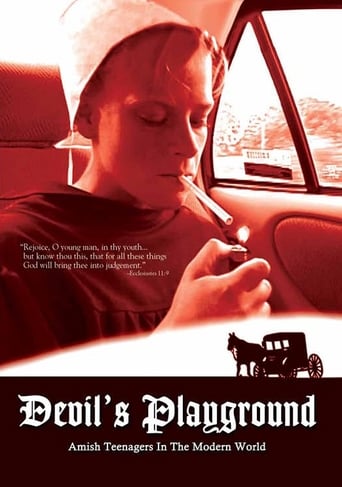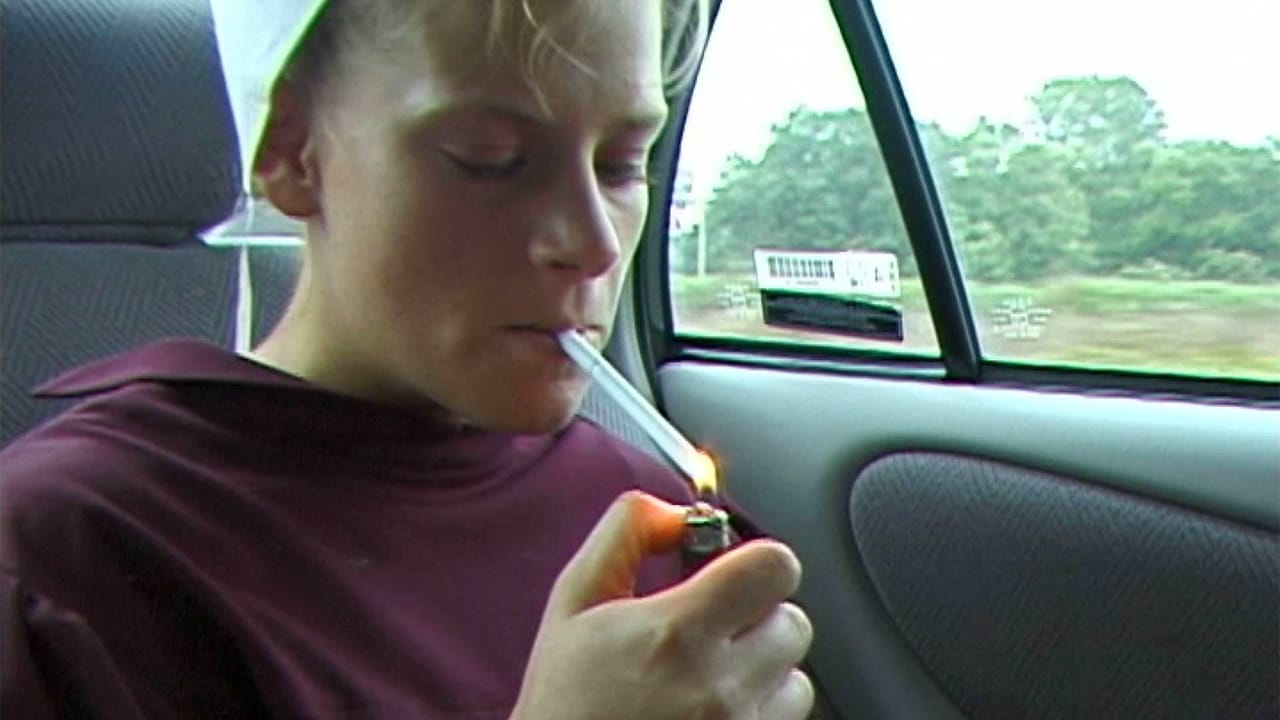DJAkin
Man, those AMISH really know how to party. Their parents let them go out into the real world and it seemed like every amish kid got really drunk and stuff. It seemed to me like all of them had a ton of brain cells that disappeared as a result of the drugs they did and the drinking they did as well. I thought it was funny how the men had to grow beards instead of wearing a ring. The Amish have a good way of life and the cart and buggy routine works well. They have more time to think about stuff when they are using the cart and buggy. I am sure they will all go to Heaven when they die. I just wonder how much about the Amish we don't know. Perhaps there is more than meets the eye. I want to be amish.
Ralph Michael Stein
To a large extent, the inherent friction between America's central majority and diverse religious minority groups is controlled and channeled by a matrix of Constitutional Law principles. Court decisions insure that minority rights are protected against what often has been the mainstream's desire or perceived need to force assimilation or even attempt destruction through law or mob action. The latter has happened in American history with regard to the Shakers and Mormons. Both groups and Southern snake-handling churches have frequently encountered major legal restrictions. .The Amish occupy a more protected place than some other Christian fundamentalists. Living in large communities side by side with the "english", as they call without distinction all others, their energy, excellent and desired produce and products and reputation for orderly, crime-free lives has insured respect. Temptation rather than persecution is the main foe of the Amish commitment to a simple lifestyle.Director Lucy Walker's documentary, "Devil's Playground" is a rare but possibly too limited view of Amish life, largely in Indiana. The Amish covet their privacy and most members of the church do not allow themselves to be filmed or interviewed although strictures vary from community to community. Generally, the Amish eschew using much of the apparatus of American communal and political life. For instance, while they will not send children to public school past the eighth grade, relief from compulsory education laws through a Supreme Court decision only came about because several Amish parents passively permitted others to litigate on their behalf (Wisconsin v. Yoder)."Devil's Playground" introduces the viewer to "rumspiga," the planned release off the parental and community leash of teenagers on their sixteenth birthday. According to the young men and women interviewed, virtually anything goes during an indefinite period of freedom that can end in a few months or go on to age 21. At some point each youth decides whether to embark on a life outside Amish society or take church vows that are considered inviolable once voluntarily assumed. Defectors are shunned by family and friends if they leave the church after taking the vows.The film follows Amish youth to huge parties monitored by justifiably concerned Indiana police. Sex appears to be a route for some but dancing and excessive consumption of alcohol is a key activity for most, especially the males. Some fall into the world of drugs, including dealing. Faron, a clearly troubled young man, is followed by the camera crew from innocent flirtation and all-night partying to serious drug taking to felony selling. Subsequent threats to his life came after he cooperated with the police.The females seem to be more hesitant about unshackling fetters than males. The boys all adopt everyday teen garb while the girls experiment with beer and cosmetics but largely remain clothed in traditional attire. Interestingly, many of the boys take on "english" girlfriends, a safety mechanism that actually lessens the likelihood of their permanently abandoning their community.A number of Amish youths discuss their family relations and whether they will join the church or adopt a new lifestyle. Many comments have a rehearsed quality, not surprising when the speakers haven't been brought up to freely express themselves.A postscript notes that some ninety percent of Amish youth resolve to join the church, giving up cars for buggies, t-shirts for bland work clothes and beer for juice. One clear clue as to why the retention rate is so high is the virtual total lack of intellectual curiosity or desire for education in the Amish youth population. What seems to be a period of genuine freedom is really a very clever release of people whose likelihood to question or rebel is suitably repressed rather than advanced by an episode of largely aimless partying.What isn't clear from "Devil's Playground" is the extent to which Amish youth in general go as hog wild as the participants in the documentary. The young interviewees wanted the attention of the film-maker for reasons ranging from narcissism to a need to self-justify life-altering decisions. It would have been very useful to incorporate insights from non-Amish scholars, including psychologists, who could discuss the teens' experiences and responses in a measured objectivity.But this is one fine documentary.8/10.
inferno_ears
I never knew about 'Rumspringn', and i have always loved the Amish culture. After seeing this documentary, i often wonder if i'm running into Amish guys in the malls and other places. I no longer wish to be Amish. But the thing that does stand out to me is how receptive the Amish church is to the kids that come back. I mean you've got all these other 'Christian' religions that shun people when they've sined and want to come back. but the Amish tell the kids, as long as you stop doing what you've been doing, you're not only welcomed back, but loved and accepted. THAT is how its supposed to be.I hope they maybe follow up to it and find out how everyone is doing.
utahfilmmaker
I thought for sure that a movie about Amish-teenagers-gone-bad would be a series of images of Amish kids dressed in traditional garb drinking, getting high, and sleeping around. I expected it to be a spectacle which would get old fast, and I went into the movie with this bias. It turned out to be one of the best documentaries I've seen in a while. For one thing, the director had the perfect balance of showing a broad social situation (rebellious Amish kids in general) and a more character centered story (the drug addicted Amish youth Faron). You're getting the factual information you need, as well as the emotional punch of what Faron is going through. The director is able to show very clearly the effect of Amish society on these kids without ever forcing a direct connection or being exploitative.



 AD
AD

